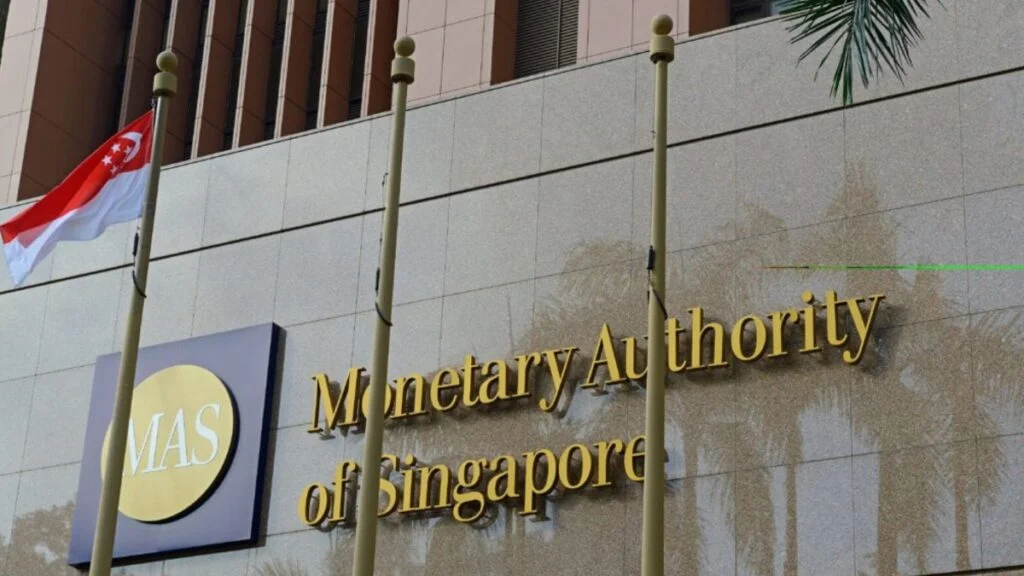The Monetary Authority of Singapore (MAS) has released a report discussing the integration of asset tokenization and decentralized finance (DeFi) within international standards and market infrastructures.

The report, titled “Project Guardian: Enabling Open & Interoperable Networks,” explores the possibilities of DeFi and converting physical assets into digital equivalents while maintaining the integrity of the global financial system.
The MAS initiative, in collaboration with the Bank of International Settlements (BIS), aims to establish optimal practices for DeFi protocols and emphasizes the importance of a comprehensive framework for trading digital assets across various networks and liquidity pools.
The study highlights the benefits of private digital networks, which provide a more secure environment by restricting access to pre-approved entities. In contrast, it also points out the risks associated with open networks, which lack strict regulations and are susceptible to illegal activities.
Regulating DeFi poses challenges due to needing a fully established legal and regulatory framework for tokenized fiscal assets. The study emphasizes the need to develop settlement finality, control DeFi protocols, and recognize digital fiscal assets as legitimate property.
It also calls for coordinated global policies to address the complexities of differing legislation in each jurisdiction. The MAS analysis includes examples of pilot projects that demonstrate the potential benefits of tokenization.
These projects have shown reduced trading time and costs, increased distribution, and improved customization. The report mentions successful trials conducted by industry leaders such as HSBC, Marketnode, UOB, and UBS Asset Management, further supporting the advantages of asset tokenization and DeFi in enhancing market distribution and trading.
